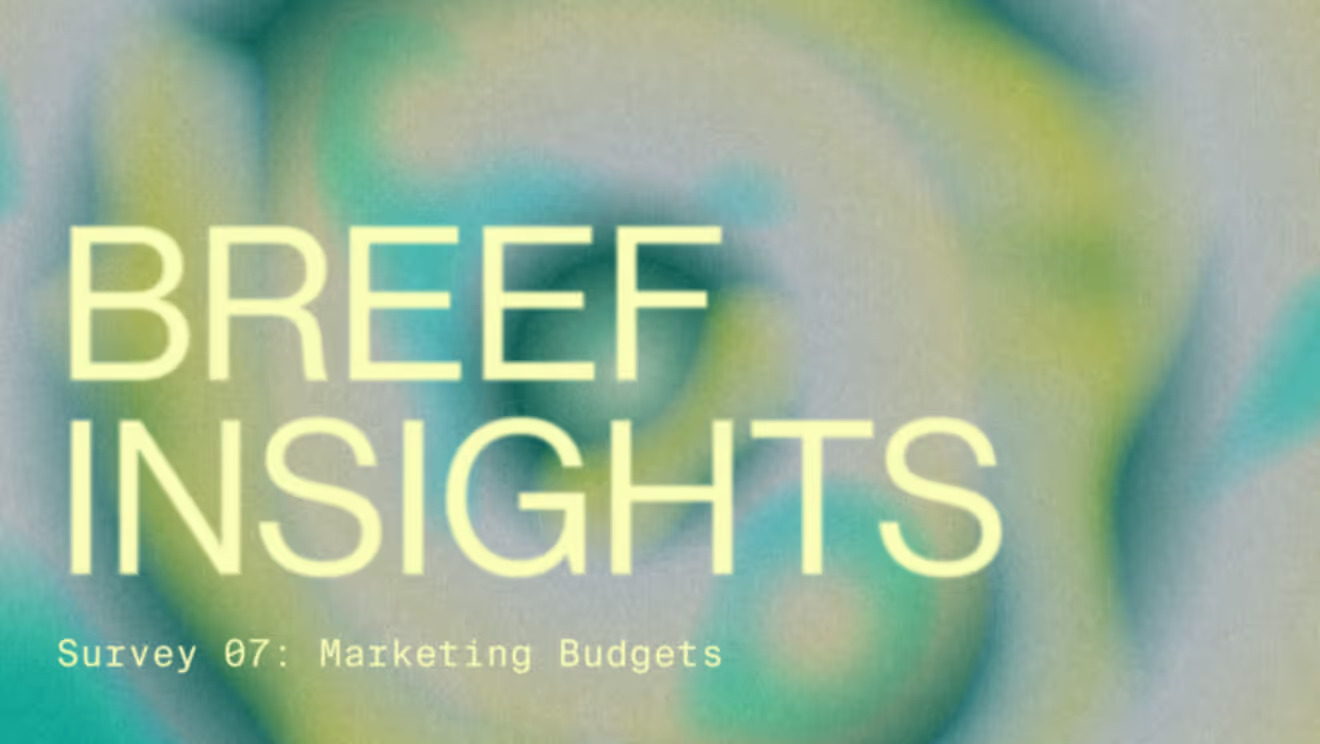Artificial Intelligence (AI) has been making waves across industries, and marketing is no exception. Once a distant dream, AI is now a reality that’s transforming the way brands interact with their audiences. But is it just a trend, or is AI in marketing here to stay? Spoiler alert: AI isn’t going anywhere—but how we use it will define its future.
The Rise of AI in Marketing
AI has already proven its worth in marketing. From chatbots answering customer inquiries to algorithms curating hyper-personalized content, the possibilities are endless. According to a report by Statista, the global AI market in marketing is expected to reach $107.5 billion by 2028. Clearly, businesses are betting big on AI.
Why the hype? AI offers efficiency, precision, and scalability. It enables marketers to:
Automate repetitive tasks: Think email campaigns, data analysis, and social media scheduling.
Enhance customer experience: Personalization at scale is no longer a pipe dream.
Make data-driven decisions: AI can sift through mountains of data to uncover actionable insights faster than any human ever could.
But the true magic of AI lies not just in its capabilities, but in how creatively marketers wield them.
The Current Landscape
AI’s implementation in marketing spans several key areas:
Personalized Experiences
AI algorithms analyze user behavior to deliver tailored content, offers, and recommendations. Think Netflix suggesting your next binge-worthy show or Spotify curating your Discover Weekly playlist. The same principle applies to marketing: personalized emails, product recommendations, and dynamic web content.
Predictive Analytics
Predictive models help marketers anticipate customer needs and behaviors. By analyzing past interactions, AI can identify trends and forecast future actions, enabling proactive rather than reactive strategies.
Chatbots and Conversational AI
From answering FAQs to assisting with purchases, AI-driven chatbots have revolutionized customer support – they’re available 24/7, offer instant responses, and learn from every interaction to improve over time.
Content Creation
Yes, AI is writing, too. Tools like Jasper and ChatGPT are helping marketers draft everything from ad copy to blog posts. While it’s not replacing human creativity, it certainly speeds up the process.
Programmatic Advertising
AI powers programmatic ad buying, ensuring the right ads reach the right audience at the right time. It’s all about precision targeting, maximizing ROI, and minimizing wasted ad spend.

The Future of AI in Marketing
As technology evolves, so will AI’s role in marketing. Here’s what’s on the horizon –
Hyper-Personalization
The next level of personalization will go beyond demographics and purchase history. AI will consider real-time contextual data—location, weather, mood, and even biometric data—to create experiences that feel almost telepathic.
Advanced Predictive Analytics
Expect even more accurate predictions as AI models become more sophisticated. Marketers will have tools to predict customer lifetime value, churn rates, and optimal engagement times with unparalleled precision.
AI-Generated Content
AI’s role in content creation will expand to include video editing, graphic design, and interactive media. Imagine AI crafting a marketing campaign end-to-end, leaving us to focus on the fun part – strategy and storytelling.
Voice and Visual Search
As voice and image search technologies improve, AI will help brands optimize these formats. This will reshape SEO strategies and require marketers to think beyond text-based keywords.

Using AI Ethically in Marketing
With great power comes great responsibility. AI can be a force for good in marketing, but it’s not without its challenges. Here’s how to navigate them –
Respect Privacy
Consumers are growing more aware of how their data is collected and used. Transparency is key. Be upfront about data collection practices and ensure compliance with regulations like GDPR and CCPA.
Avoid Bias
AI models are only as unbiased as the data they’re trained on. Regularly audit your algorithms to ensure they’re not perpetuating harmful stereotypes or excluding certain groups.
Maintain Human Oversight
AI is a tool, not a decision-maker – keep humans in the loop to ensure ethical considerations are factored into every decision.
Foster Inclusivity
Use AI to create marketing campaigns that reflect diverse audiences. This isn’t only ethical; it’s good business.
Educate Your Team
Ensure your team understands both the capabilities and limitations of AI. Training and awareness can help prevent misuse and maximize effectiveness.
Embracing the AI Revolution
AI is not just a passing trend; it’s a paradigm shift. Its ability to analyze data, automate processes, and deliver personalized experiences makes it indispensable for modern marketers. However, the key to success lies in balance: leveraging AI’s capabilities while keeping ethics and creativity at the forefront.
For businesses, the question is no longer “Should we use AI?” but rather “How can we use AI effectively and responsibly?” The future of AI in marketing is bright, but it’s up to us to ensure it shines for all the right reasons. In the end, AI is here to stay – not to replace humans, but to empower them. It’s a collaborative tool that amplifies human creativity and efficiency. By embracing AI thoughtfully and ethically, marketers can create campaigns that resonate deeply with their audiences, driving growth and fostering trust in equal measure.
So, are you ready to step into the future of marketing with AI by your side?













